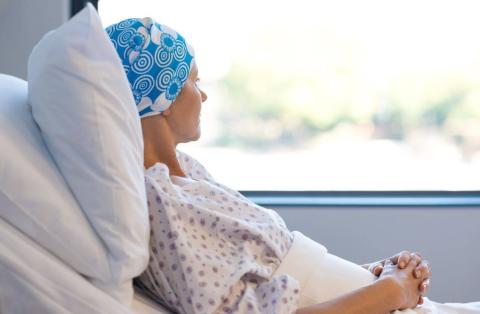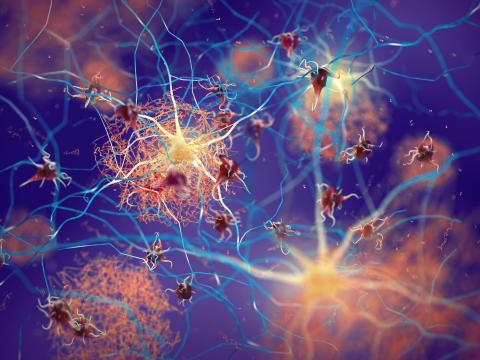Hormone therapy for breast cancer has a protective effect against dementia in over-65s
Hormonal therapy to treat breast cancer is associated with a lower risk of Alzheimer's disease and dementia in women over 65, a study says. The retrospective analysis is based on data from more than 18,000 women with breast cancer in the US: two-thirds of them had received hormone therapy and one-third had not. The "protective effect" of hormone therapy declines with age and varies by ethnicity, adds the article published in JAMA Network Open.

240716 pluvio - terapia hormonal demencia EN
Pluvio Coronado
professor of Obstetrics and Gynaecology at the Universidad Complutense de Madrid, president of the Spanish Association for the Study of Menopause (AEEM)
I agree with the press release's comments: the study includes a large population and, although it is well weighted by means of psmatching [Propensity Score Matching], it is still retrospective, and this implies a selection bias.
Overall, it is limited to comparing women with hormone-dependent versus non-hormone-dependent breast cancer, with different prognosis and management.
In table 1, there are women with oestrogen-positive tumours in both cohorts. I don't understand how there are women with ER+ [oestrogen receptor-positive breast cancer cells] who do not receive treatment, when it is the standard breast cancer treatment. It also doesn't look at mortality. Women who die earlier from a tumour may not have dementia now, but they may have [had dementia later if they had lived longer]. Follow-up data are missing.
On the other hand, the study does not look at women younger than 65 and we do not know if these therapies have the same benefit for them. Nor does the study describe the therapy's duration, which could be relevant.
In short, I concur with what the authors say [in the article]: the treatment of women should always be individualised and, although it is biased, this is the most relevant study published so far reporting that hormone therapy for breast cancer has no adverse effect on the risk of dementia, and that, depending on age and ethnicity, it may be a beneficial factor (as well as increasing survival from breast cancer).
For clinical practice, the study will not have too much impact, as the indication of whether or not to use hormone therapy is established by protocol and is linked to an improvement in survival; if the treatment also happens to have no impact on memory, so much the better. In women over 75 years of age, where it seems not to be beneficial [for demencia], I don't think treatment will be avoided because of this study's data. So more studies are needed.
Chao Cai et al.
- Research article
- Peer reviewed
- Non-randomized
- Observational study
- People



